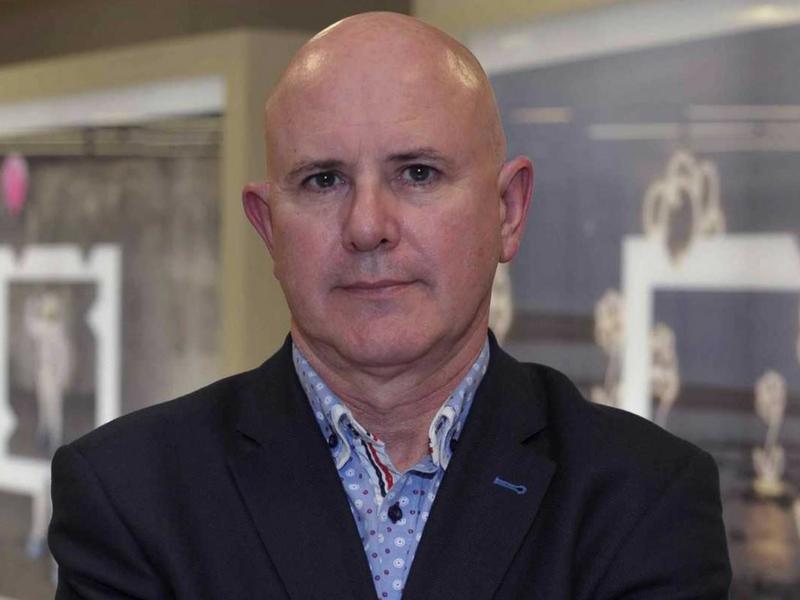Let's make a change: Getting women into top PR jobs
Posted in PR and Communications, Freelancer, Motivation & inspiration, Interview,
Alice Weightman, CEO & Co-founder of The Work Crowd and our sister company Hanson Search recently sat down with Colin Byrne, UK and EMEA CEO of Weber Shandwick to discuss diversity in the PR industry.
Moving forward, Alice gains Colin's perspective on the very important issue of how we can get more women in top PR jobs.
An interview with Colin Byrne
In my role as head of an international search agency Hanson Search, I’ve spent many hours talking to men and women alike about the diversity issues plaguing the PR industry. One of the most commonly discussed is the lack of women at the senior-level. Despite us being very good at getting women into the industry, we’re not so good at holding onto them.
Alice picked Colin's brain and gained insight to what he believes must change in order to get more women into the top jobs in the PR industry.

We must embrace flexible working
When Colin first started out in PR, agencies were populated almost solely by men and all the assistants were ‘posh girls’ who had been told it was the only way for them to gain a foothold in the industry.
Now, the gender balance in PR has greatly improved, but there’s still more to be done. Until the industry embraces more flexible working and more men feel confident taking parental leave, we are going to lose talented women before they reach the top.
According to Colin, these are the key things the industry ought to do now to maintain the upwards trajectory of women in PR – particularly at the senior level.
Paternity leave needs to be normalised
“I asked to go on paternity leave 23 years ago, and my boss said ‘Fine, but don’t tell my wife that there’s such a thing!” It was pretty unusual at the time, but it hasn’t held me back,” said Colin.
And now, men need to be confident that sharing parental leave needn’t hold them back either. He explained: “At the moment I think many men feel that while they can ask to share parental leave, maybe it will be to the detriment of their career. We need clear policies and for people at the top to show that we genuinely support them doing it.”
The world won’t end if you’re not at your desk
“There was a point in my career when I was leaving the house before the kids got up, and getting back after they went to bed. It was depressing,” remembers Colin. “Then I realised that given half my clients weren’t even in this time zone there was really no need for me to be rushing to sit at a desk in central London every day. So one morning, I told my assistant I’d be in late because I was taking the kids to school and you know what, the world didn’t end.”
And the fact that the presenteeism isn’t the same as performance is something more people need to realise, believes Colin: “PR has changed. We no longer need to be in sync with the news cycle. So long as the client always comes first, there’s no need to be at your desk from 9-5.”
Clients are humans with families too
“Often, we’re focused on ‘what the client thinks’, so we worry that they wouldn’t like someone going on paternity leave or working flexibly. But clients are people too, and they have families themselves. They’re not about to turn around and question why we’ve allowed someone to go on paternity leave,” he said. What they really care about is having the best people on their team.
“The thing clients hate the most is when good people disappear,” noted Colin. "And enabling good people to stay through flexible working is the way to prevent this. Remote access and modern technologies are all ways we can prevent that brain drain of women who leave the industry in their early 30's and that’s good news for everyone.”
Broader diversity issues in the PR industry
I look forward to the day when we no longer need to talk about diversity in the PR industry. But until then, we must continue to look for solutions that will level the playing field.
Read the first part of my conversation with Colin Byrne on broader diversity issues facing the PR industry here: how the PR industry needs to rethink its approach to diversity.
This article was originally published by our sister company, Hanson Search: What needs to change to get more women into the top PR jobs